MILLION DOLLAR BABY. This masterpiece will leave you shattered and speechless
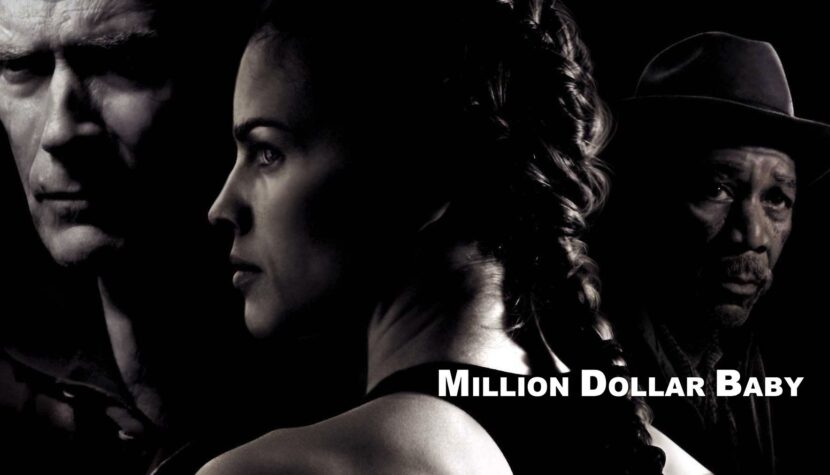
It’s challenging to put into words the full range of emotions that Million Dollar Baby evokes, mainly because the director, in the course of a calm, slow narration, can subtly reach the deepest layers of emotions and bring them to the surface. It’s the pinnacle of cinematic art, and Eastwood has achieved this peak with his latest work.
The source material of Million Dollar Baby is simple, even banal. The main character is Frankie Dunn, a boxing coach played by Clint himself, who, despite undeniable talent, never achieved fame or fortune. The true ace of his team is Big Willie, a powerful black boxer whom Frankie, for reasons known only to himself, still refuses to let fight for the championship. A girl from a small town, Maggie Fitzgerald, approaches Frankie, hoping he will be her coach. Frankie refuses, citing his policy of not training girls and doubting Maggie’s chances in the ring. However, Maggie is persistent, and Scrap, a former boxer turned janitor, silently supports her. Surprised by Maggie’s determination, Frankie eventually capitulates and decides to take on her career.
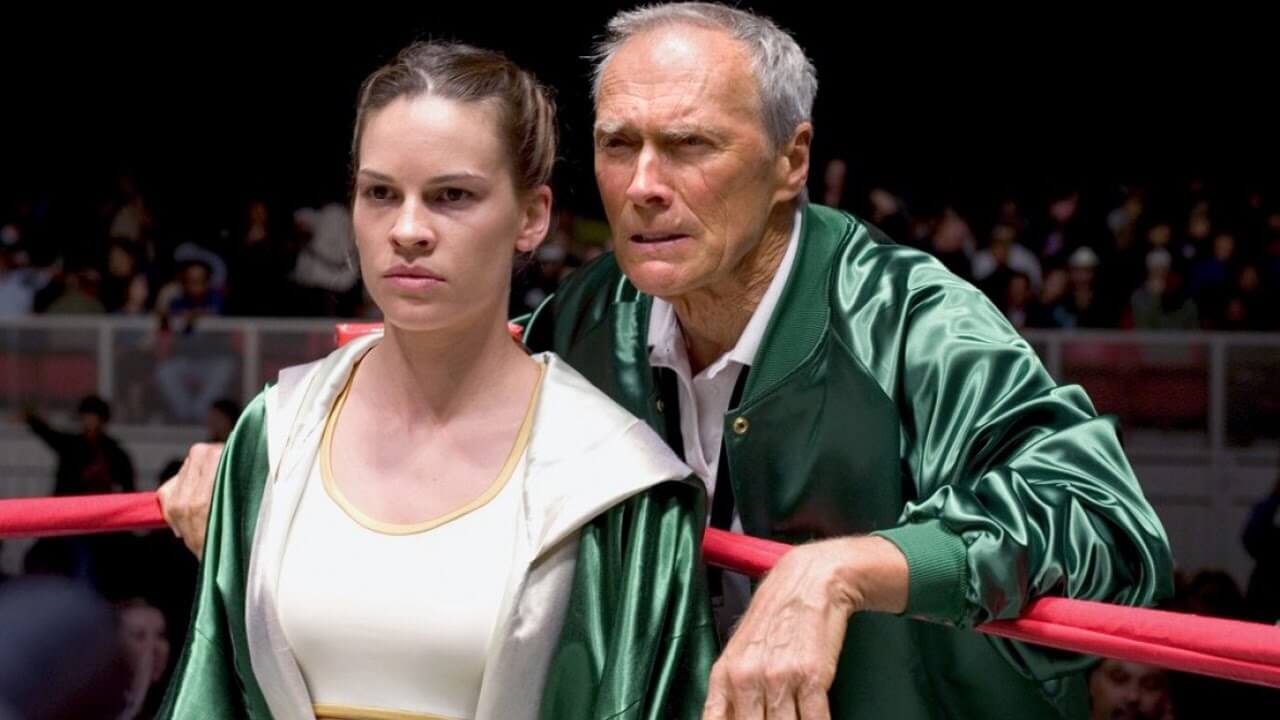
The plot, in its dry form, doesn’t suggest the remarkable effect achieved by the director in the finale. The essence of Million Dollar Baby lies in nuances. Information about each character is gradually revealed, allowing the audience to slowly build an image of their personalities. However, this meticulous analysis crumbles in the end, much like a knockout after rounds of earning points. First, we delve into Frankie’s character. Observed from the perspective of the narrator, Eddie “Scrap,” Frankie is a man who obsessively avoids taking risks, haunted by guilt for past neglect. He is a father separated from his daughter due to some unknown dramatic conflict. A regular churchgoer who finds no solace in faith due to perpetual doubts and rationalization. These clues don’t bring the audience closer to understanding Frankie. Throughout most of the film, it’s challenging to grasp who he truly is and what he is capable of.
Maggie, on the other hand, at thirty-one, is considered too old for a novice boxer. Coming from a toxic family in a small village, she spent most of her life washing dishes and waitressing. Boxing is her passion, a way to feel alive. To achieve her goal, she sacrifices everything, training tirelessly day and night, ignoring pain, humiliations, and obstacles, refusing to succumb to doubt. How she mentally handles the challenging process of preparing for her first fight, what she thinks and feels—these are aspects the audience remains unaware of. The total focus on one aspect—training and exercises—suggests that these are the center of Maggie’s life, surpassing everything else in importance.
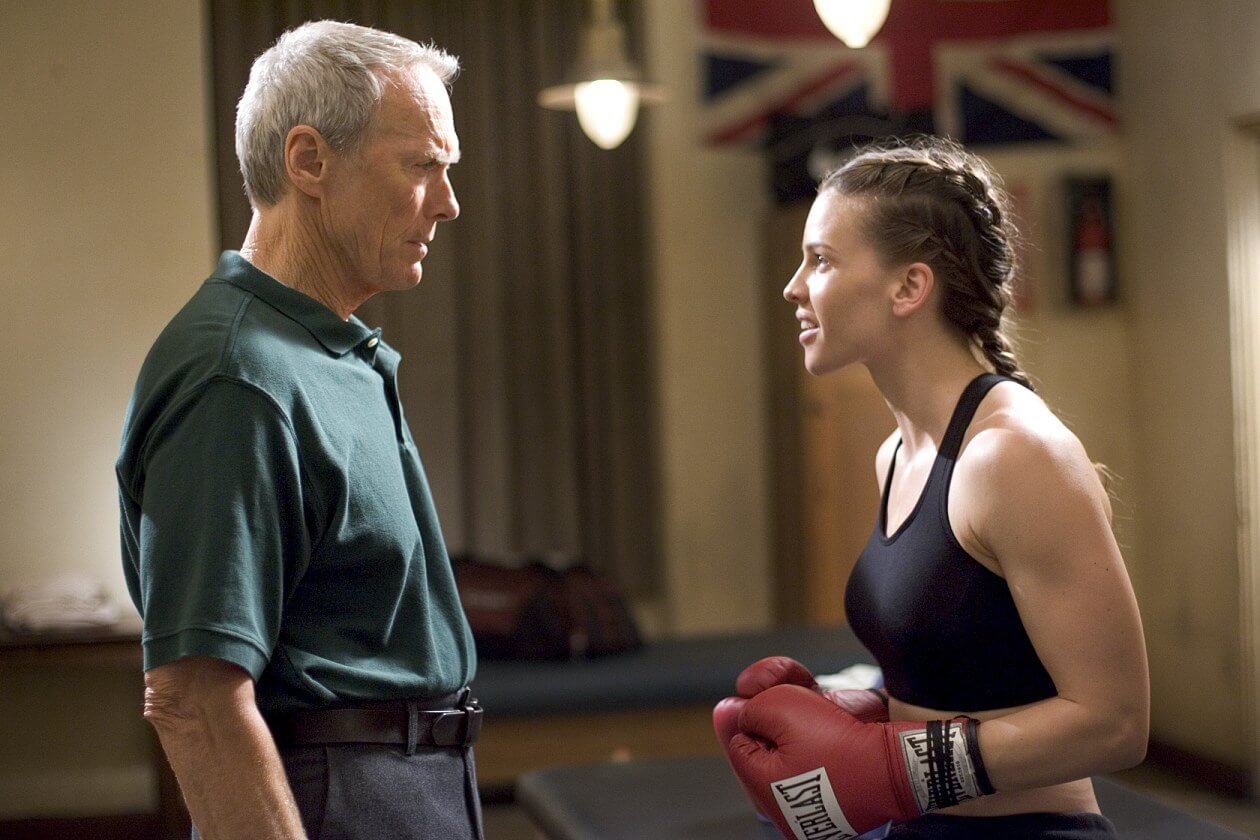
Finally, the relationship between the two characters begins as coach and apprentice but evolves into something much deeper. Since neither of them has anyone else in the world, they rely on each other completely. They become as close as possible, with Frankie replacing Maggie’s deceased father, and Maggie taking the place of the daughter Frankie lost contact with. Only when the knockout occurs does the viewer realize the path they’ve been led on. Masterful emotional manipulation comes to light. We now understand the source of Frankie’s earlier concerns and why “everything is upside down in boxing.” Everything suddenly takes on new meaning, aligning in the proper light. This awareness hits unexpectedly. We witness a beautiful and painful truth, simultaneously cruel and utterly obvious. The director leads us in a way that prevents us from making a judgment, regardless of our beliefs.
This is a film that lingers in memory. The emotions it evokes stay with you long after the screening. The emotions lead to reflections on the essence of determination, perseverance, climbing to the top, overcoming limitations, and achieving victory. Also, contemplating the meaning of the phrase “Mo Cuishle” in its broadest dimensions. Reflecting on sacrifice, choice, the boundaries of responsibility, the purpose of human actions, and whether there’s a point where nothing exists beyond a certain limit—and to what extent we have the right to decide that this limit has been reached.
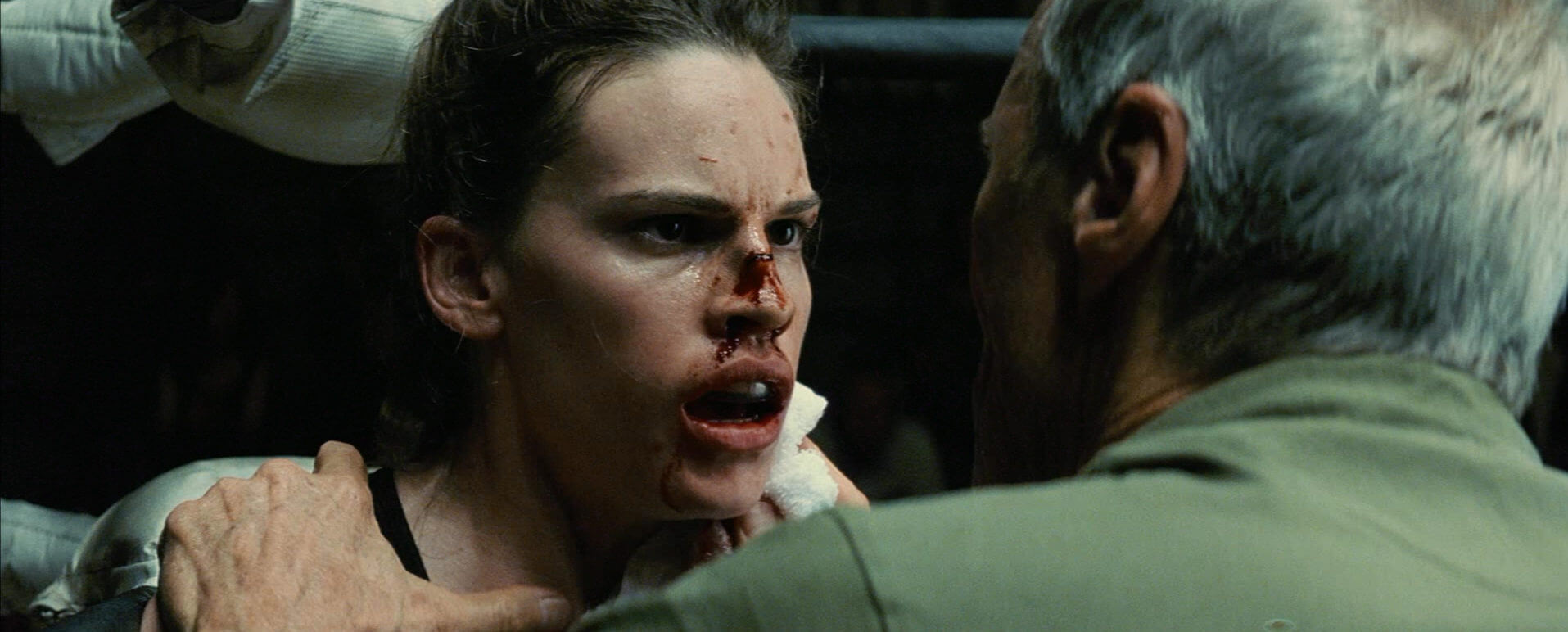
Clint Eastwood, excellent as the director of Million Dollar Baby, is simultaneously its biggest star. Portraying the character of Frankie Dunn, he reaches the pinnacle of his acting maturity. Unafraid to be old, ugly, or weak, Eastwood’s portrayal is profoundly honest in his pain, inhibitions, and fears. Freeman’s subdued and calm performance serves as a counterbalance, complementing Eastwood’s role. Scenes with both of them are a true pinnacle of the film. These short dialogues convey the most content—no word or gesture is superfluous or unnecessary. Hilary Swank, in no way inferior to the experienced duo, unequivocally proves that her award-winning performance in Boys Don’t Cry was not the limit of her capabilities.
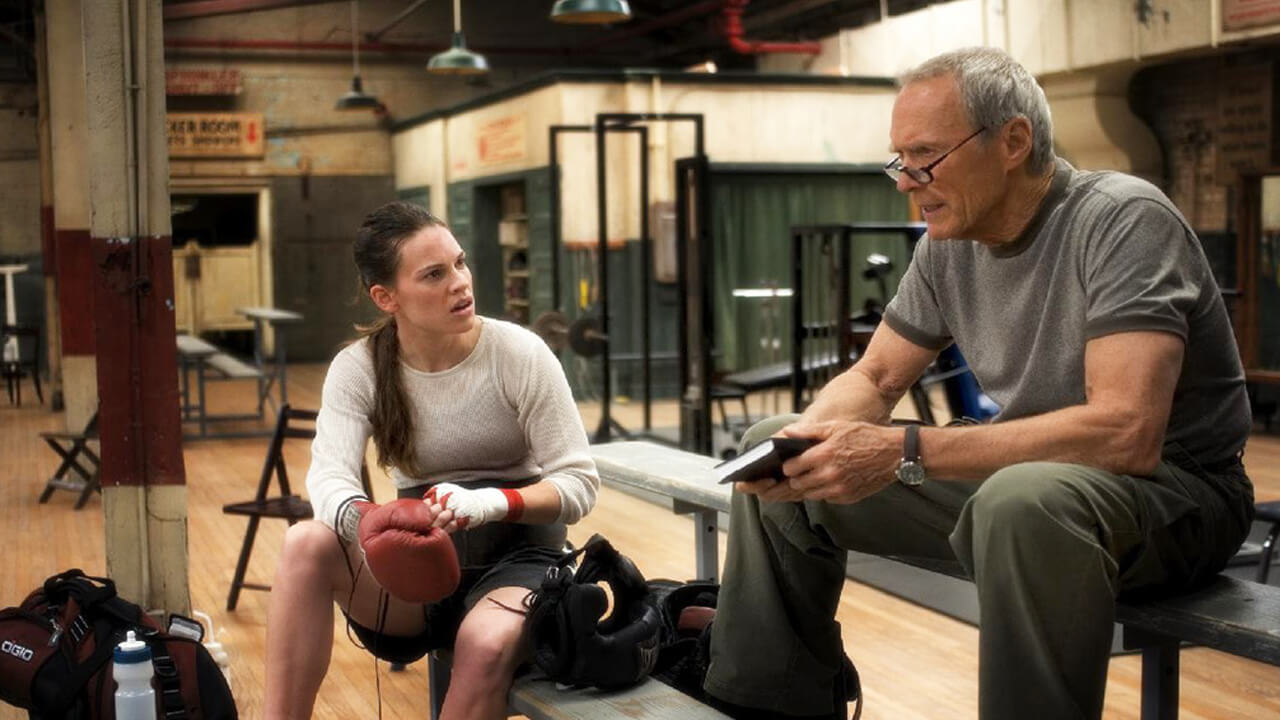
Million Dollar Baby is not an easy or enjoyable film to watch. It doesn’t encourage a quick return. It leaves a feeling of sadness, sorrow, and many questions that one seeks answers to throughout their life. However, you have to see this film for yourself to feel the impact the director has achieved. Clint Eastwood addresses the audience as an artist and as a human. It’s a call that leaves no room for indifference.

